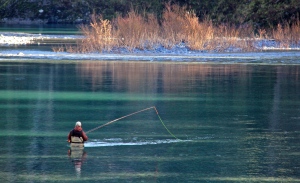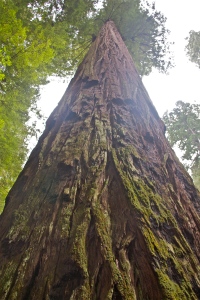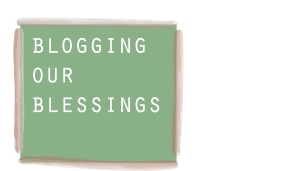We are hungry.
We are blessed with abundance, yet we hunger.
We hunger for peace of mind, and peace in our time.
We are blessed with plenty, yet we want to be empty.
We are so grateful for the people who saved our lives, who risked everything to rescue us, that we are always hungry to do more to help them.
We are especially grateful, every moment, for the people in our circle of love, who kept us — keep us still — from the abyss. They have withstood such pain, just to protect us with that love. Our gratitude knows no end for their patience and understanding and remarkable kindness.
We are blessed with good health, yet we are surrounded by so much injury and illness, we want to do more to soothe wounds, whether psychological, physical or spiritual — or, in the case of many wounded warriors, sadly, all three.
Our gratitude is boundless and we are setting out to discover the bounds of our energy.
When you read this today, and think of a daily gratitude practice, know this.
It will transform your life.
You will, as Carl Jung advised, learn to break down your life (ego) rather than building it up.
At the end of this 28-day exercise, we hope you are learning the transformative power of gratitude too.
We are filled with gratitude, and hope you can find your way to that fullness too.
Please spread gratitude today, however empty or full you are feeling.
The world around you hungers for it.
With gratitude, always, to the American men and women in uniform (scrubs too!) who saved our lives on March 4, 2002. If you share our gratitude, please thank someone in the military today. And/or donate to the Wounded Warrior Project, or any non-profit that helps military families.








